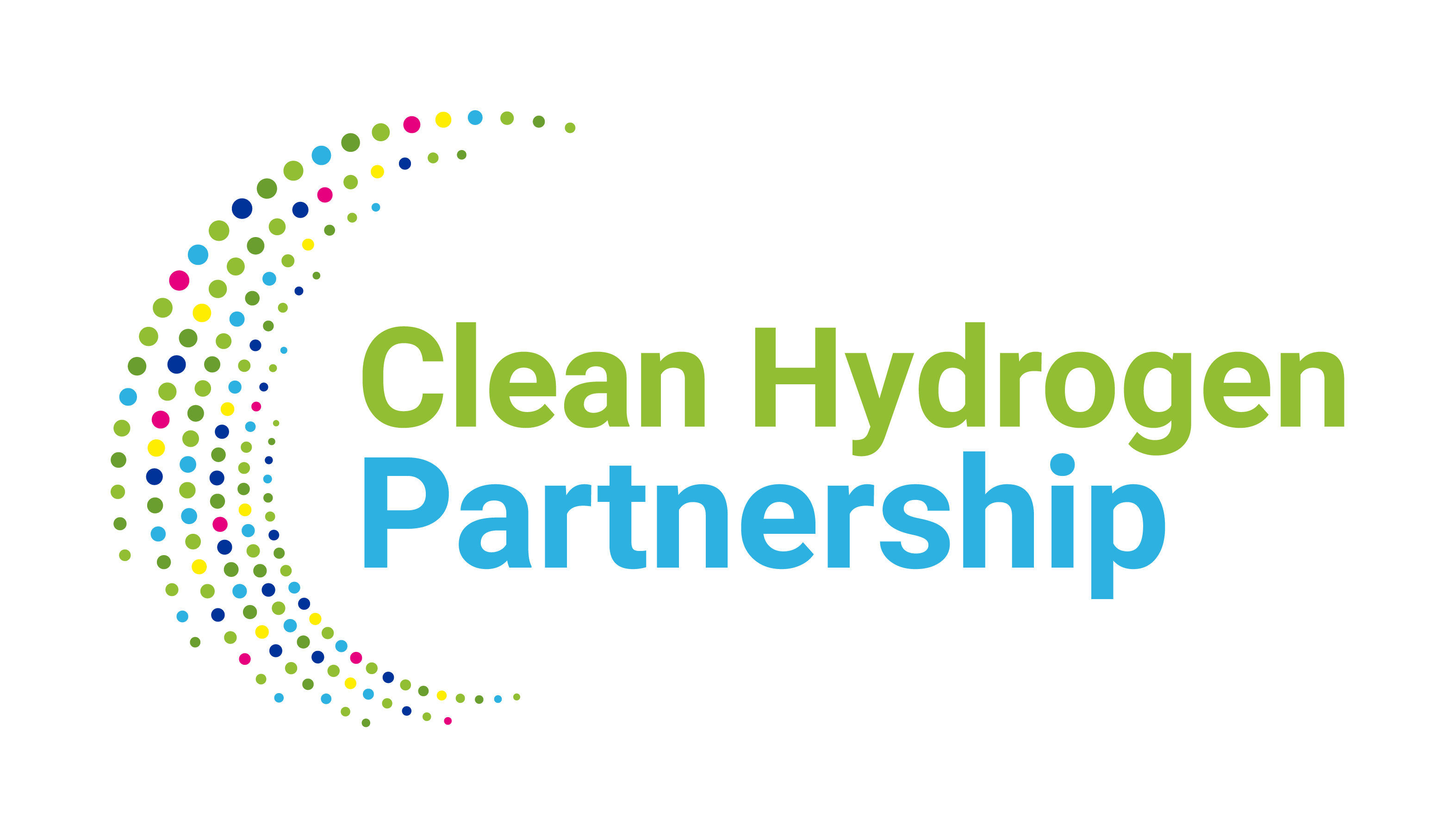Overview
In August 2019, the EU passed landmark legislation[1] for heavy-duty trucks (HDTs), setting new limits of 15% reduction in CO2 emissions by 2025 and 30% by 2030, compared with those of 2019. Europe's Hydrogen Roadmap[2] targets 45,000 fuel cell trucks and buses on the road by 2030, this aim being reinforced with a recent letter of intent signed by 40 industries for 95,000 heavy duty vehicles (all sectors) by 2030[3].
By contributing to timely introduction of fuel cell heavy-duty vehicles by leading European industrial companies in compliance with EU directives on CO2 emissions from haulage trucks, IMMORTAL underpins European industry commitment to large-scale deployment of fuel cell trucks by OEM, tier 1 and hydrogen supplier companies, with pre-commercialisation by 2025 and full commercialisation by 2030.
[1] Regulation (EU) 2019/1242, entry into force on 14 August 2019
[2] https://www.fch.europa.eu/news/hydrogen-roadmap-europe-sustainable-pathway-european-energy-transition
[3] https://hydrogeneurope.eu/events/hydrogen-fuel-cell-trucks-paving-road-carbon-neutral-europe; Hydrogen Europe Press Release, 05/03/2020
Increased understanding of degradation phenomena occurring during heavy-duty stack operation is essential in order to achieve the durability required for heavy-duty trucks. Reaching the durability target of 30,000 hours and the performance target of 1.2 W/cm2 at 0.675 V constitutes a major challenge. The materials used in current automotive MEAs must be improved for higher performance, whilst also developing degradation mitigation measures within the materials to substantially reduce the rate of performance decay and to increase longevity.
IMMORTAL will develop high performance and high durability membrane electrode assemblies (MEAs) specifically designed for heavy-duty truck application. These MEAs will be validated in short stacks using accelerated stress and load profile testing protocols, and robust algorithm developed for lifetime prediction to 30,000 hours operation. The materials and designs will satisfy the targets in terms of stack cost, performance and efficiency.
- Provide durable MEAs for future implementation in heavy duty-applications, which meet the 30,000 h lifetime requirement
- Decrease HD fuel cell system cost by reducing the number of cells within a stack
- Increase gravimetric and volumetric heavy-duty stack power density
- Reduce Total Cost of Ownership (TCO) related to fuel consumption of fuel cell operated HD trucks
- Recommend powertrain operation and hybridisation strategies to meet the 30,000 h fuel cell system lifetime concomitantly with the 1.2 W/cm2 power density target.
- Improve the understanding of ageing under heavy-duty operation and prediction of MEA lifetime
- Boost the broad adoption of fuel cell technology in the commercial vehicle market by providing an updated total cost of ownership calculation for heavy-duty trucks with IMMORTAL MEAs.
- Facilitate EU-wide harmonisation of testing protocols for quantification of fuel cell performance and lifetime.
- Exploit the project outcome in other transport market segments and stationary application.
- Contribute towards the mission innovation – Hydrogen Innovation Challenge (IC8) by cooperation with the US DOE Million Mile Fuel Cell Truck (M2FCT) consortium.
 |  | This project has received funding from the Fuel Cells and Hydrogen 2 Joint Undertaking (now Clean Hydrogen Partnership) under grant agreement No 101006641. This Joint Undertaking receives support from the European Union’s Horizon 2020 Research and Innovation program, Hydrogen Europe and Hydrogen Europe Research. |
